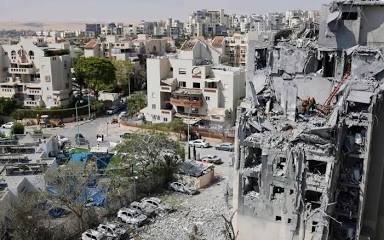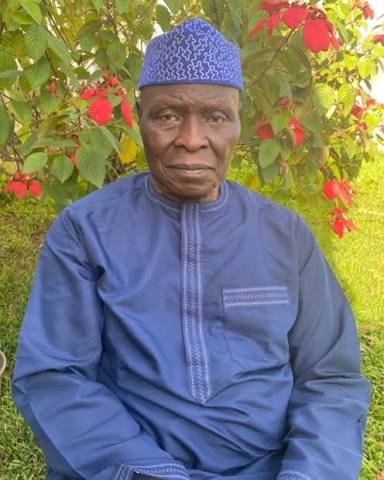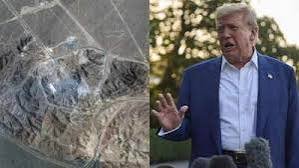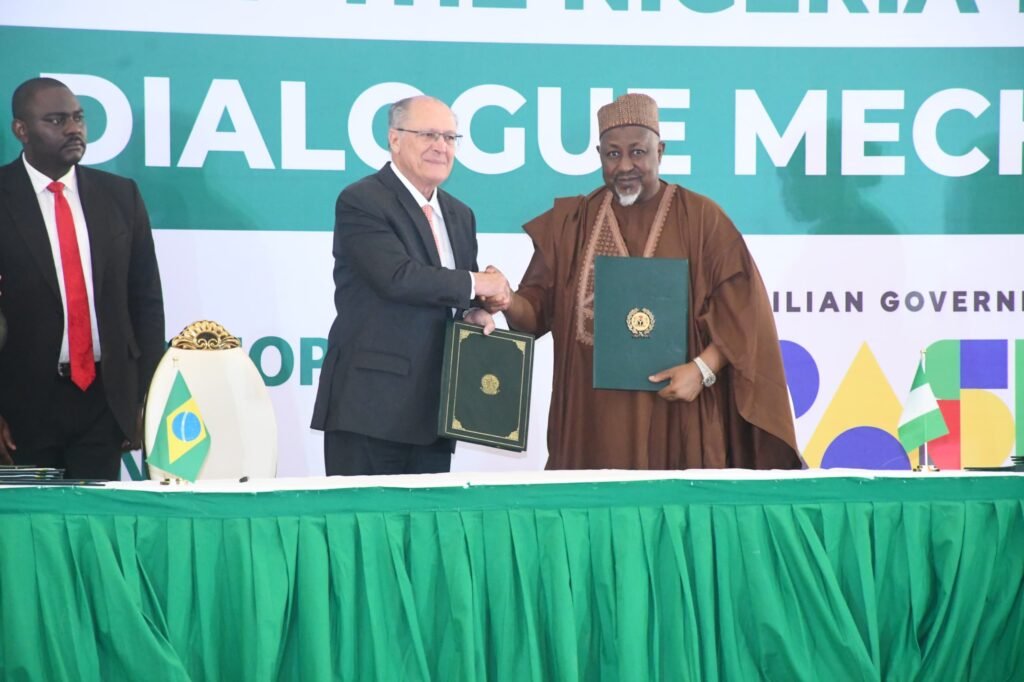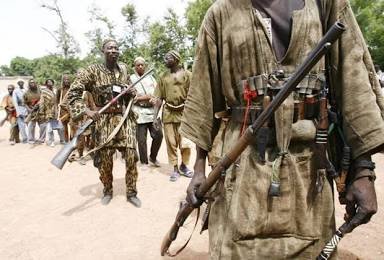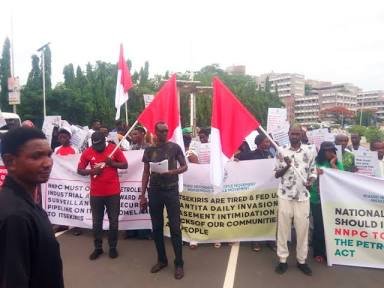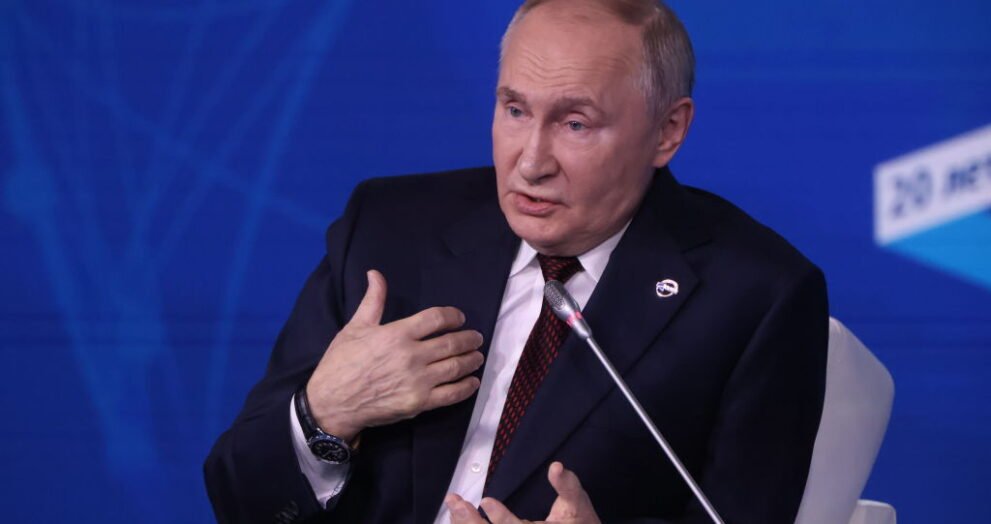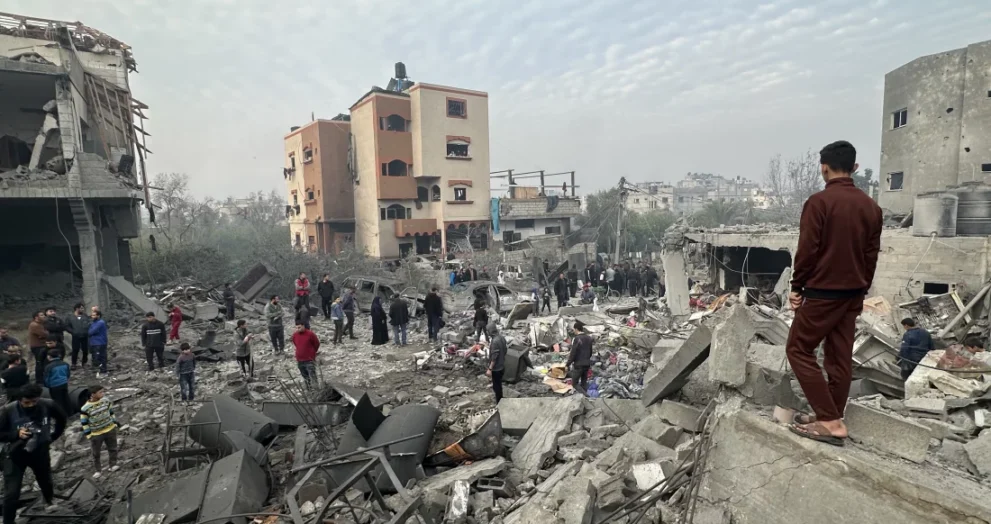ISRAEL-IRAN CEASEFIRE HOLDS FOR SECOND DAY AS TENSIONS REMAIN HIGH
The undocumented ceasefire between Israel and Iran is holding for the second day, with both countries exercising restraint despite lingering tensions. The truce, brokered by US President Donald Trump, brought an end to a 12-day war that left over 600 people dead and many more wounded in Iranian military strikes on Israel, and at least 30 people dead and over 1,300 wounded in Israeli strikes on Iran. In Iran, life has returned to normal, with residents going about their daily business without hindrance. However, the Iranian Parliament has passed a bill outlining guidelines for a law that would allow Iran to opt out of the Nuclear Non-Proliferation Treaty (NPT). The move has raised questions about Iran’s intentions, with some speculating it could be a psychological tactic to protect its interests regarding the International Atomic Energy Agency (IAEA). The IAEA has faced criticism from Iran for allegedly supporting the US and Israeli position on its nuclear program. Iranian lawmakers voted in favor of suspending cooperation with the UN nuclear watchdog, state TV reported. Meanwhile, Israeli Prime Minister Benjamin Netanyahu declared a “historic victory” over Iran, despite a US intelligence report suggesting American airstrikes only delayed Tehran’s nuclear program by a few months. Netanyahu vowed to act decisively against any future attempts by Iran to revive its nuclear ambitions. US President Donald Trump, who brokered the ceasefire, said both Israel and Iran are “tired and exhausted” from the war, but warned that the conflict could restart soon. “I dealt with both and they’re both tired, exhausted… and can it start again? I guess someday, it can. It could maybe start soon,” Trump told reporters. The ceasefire has been welcomed by many, but its sustainability remains uncertain. The European Union’s foreign policy chief, Kaja Kallas, described the truce as “good news” but fragile, urging all parties to avoid further violence and return to negotiations.



